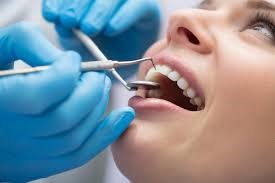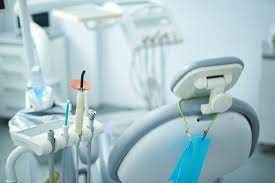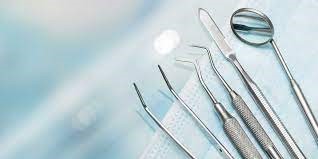Preventing dental problems
The health of your teeth is the most crucial aspect. Maintaining good dental health is crucial since dental issues can undermine self-esteem. Every day, a few simple steps can help prevent dental issues.
- you should use fluoride toothpaste to wash your teeth twice a day. Plaque, a film that accumulates and can lead to tooth decay and plaque
- The primary source of foul breath is bacteria that your tongue can keep, so remember to brush it as well or even buy a tongue scraper.
- flossing is equally as crucial as brushing; you can clean the spaces between your teeth and areas that your toothbrush’s bristles cannot reach.
- the general health of your teeth is affected by sugary foods and carbonated beverages. These foods have the potential to cause decay by eroding tooth enamel and feeding microorganisms.
- Frequent dental examinations are essential. Establishing healthy dental practices early in life can reduce discomfort and save you money. You should begin safeguarding your teeth right away because a healthy smile can improve your appearance and give you more self-confidence.

Oral health linking to physical health
Oral health is the health of the mouth, teeth, and gums. Oral health means to keep your teeth healthy and prevent issues like cavities, gum disease and bad breath. Oral health can also affect physical health. Your mouth has both beneficial and detrimental bacteria and serves as a gateway to your respiratory and digestive systems. By keeping proper dental hygiene, the dangerous germs can be kept in check. Bacteria can grow and cause illnesses like gingivitis and tooth decay if they are not effectively managed. Numerous medical issues are associated with oral health. Heart illness is one of them. An increased risk of clogged arteries can result from gum disease. Another is diabetes because gum disease can make blood sugar regulation more difficult. Another is lung infections, which can result in pneumonia due to oral bacteria that can be breathed into the respiratory system. As low birth weight and premature babies are linked to poor dental health, it may even result in pregnancy difficulties.

Oral health and mental health
You don’t think about mental health when you think of oral health. Nonetheless, these two are closely related. Your mental health may suffer significantly if you neglect your dental health.
- Your confidence and attitude can be significantly impacted by your dental health.
- Most people experience psychological distress and shame as a result of bad breath, missing teeth, and discoloured teeth. Some people may avoid smiling in pictures and feel uneasy when speaking in front of the class.
- Your general mental health and self-esteem may suffer as a result. On the other hand, mental health issues may make maintaining your oral health more difficult.
- Stress, worry, and depression can make it more difficult to maintain proper brushing and flossing habits.
- Anxiety may cause some people to put off visiting the dentist, which could have an impact on their oral health. This can lead to a vicious cycle in which poor oral health worsens mental health, which in turn worsens mental health.
- Other physical issues include excessive levels of stress, which can lead to jaw pain or mouth ulcers from teeth grinding.
- You may improve your self-esteem and self-care by taking diligent care of your teeth.
Dental health across all ages
Having healthy teeth in childhood is essential for eating, speaking, and positioning adult teeth. It is essential to start teaching excellent dental hygiene at an early age. Dental issues like braces or wisdom teeth are common during adolescence. Maintaining dental health and cleanliness is crucial at this age because sugary snacks and beverages become more alluring. Regular dental examinations are especially crucial to preventing decay or gingivitis. Adults must keep continuous dental health, particularly as their lives get hectic. Smoking, bad diet, and stress can all negatively affect your oral health. Elderly people may have sensitive teeth, dry mouth, or receding gums.


Advice
Some last few top tips that will help you stay on top of your oral health are:
- Brush twice a day
- Watch the sugar
- Drink more water
- Floss regularly
- Don’t skip dental checkups
- Do not use teeth as tools (bottle opener or tearing packets and biting nails)